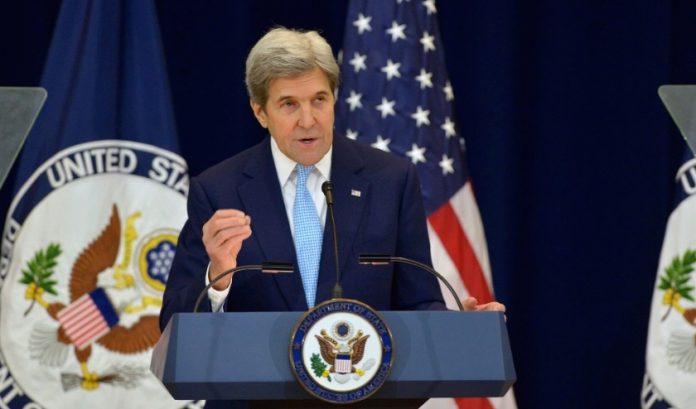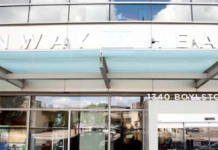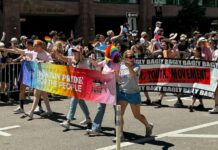“These actions were wrong then, just as they would be wrong today.”
With this words, U.S. Secretary of State John Kerry apologized to the LGBT community on behalf of the State Department for decades of discrimination.
According to a January 9 Huffington Post report:
“In the past ― as far back as the 1940s, but continuing for decades ― the Department of State was among many public and private employers that discriminated against employees and job applicants on the basis of perceived sexual orientation, forcing some employees to resign or refusing to hire certain applicants in the first place,” Kerry said in a statement.
“On behalf of the Department, I apologize to those who were impacted by the practices of the past and reaffirm the Department’s steadfast commitment to diversity and inclusion for all our employees, including members of the LGBTI community,” he added.
The issue [in question] is not Kerry’s commitment to the community. In 2015, he appointed the first special envoy for the human rights of LGBTI persons. President Barack Obama has also appointed a record number of openly gay ambassadors, and around the world, his administration has championed equality.
But in the 1950s and 1960s, at least 1,000 people were dismissed from the State Department because they were believed to be gay, during what’s known as the “lavender scare.” …
There has been significant concern in the LGBTI community about what sorts of policies President-elect Donald Trump will pursue once he takes office. His vice president, Mike Pence, has a long career history of opposing equality.
At a recent gathering of international LGBTI leaders hosted by the Gay and Lesbian Victory Fund Institute in Washington, D.C., former U.S. ambassador to Romania Michael Guest predicted, however, that it may be tough for Trump to turn back some of the progress.
“I think that some of these things are dyed into the fabric of the State Department in ways that would be very, very, very hard to unravel,” said Guest, who was the first openly gay Senate-confirmed ambassador and was nominated by President George W. Bush. “I think it would look bad for Trump personally, and his administration more broadly, if they were to just suddenly say, ‘No more pride flags on embassies. No more pride celebrations.’”









